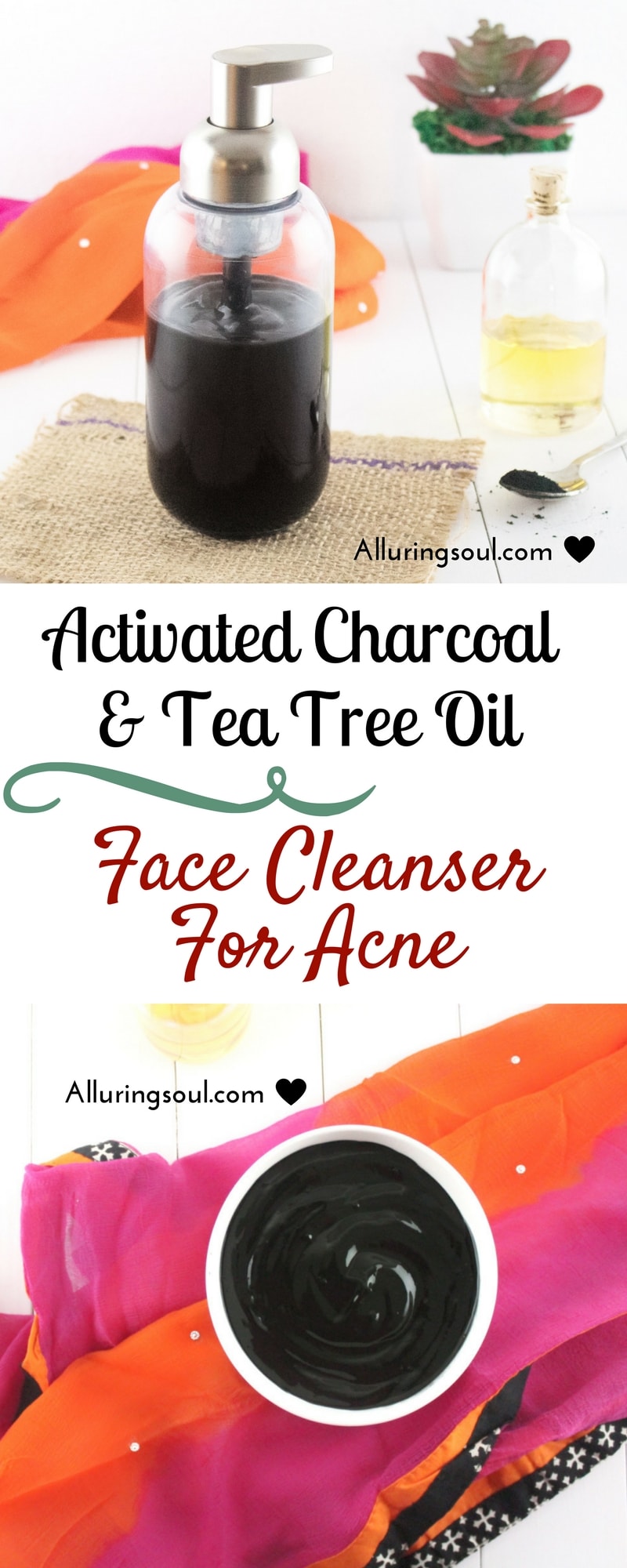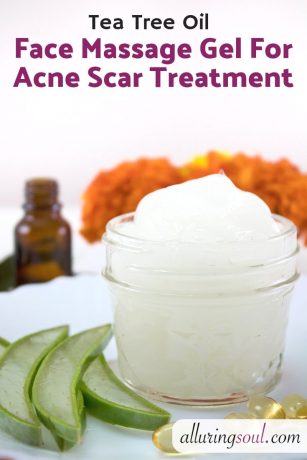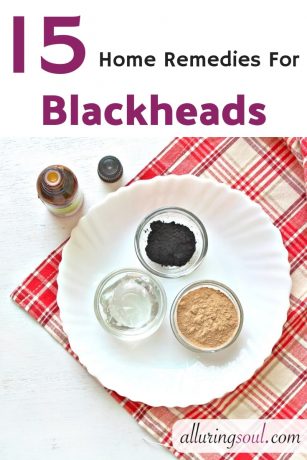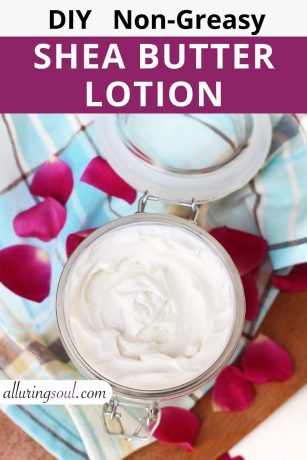Oily or acne prone skin? Clogged pores, blackheads, whiteheads or acne? If so, then you need some extra care to your skin. Throughout the day, toxins from the world around us clog our pores. When your pores aren’t clear, neither is your complexion and clogged pores give birth to nasty acne. Have you heard about activated charcoal putting on your face? Yes, It’s one of the best natural ingredients that can solve your acne or oily skin problem. Putting charcoal on your face might not seem glamorous, but it’s proven to have many skins benefits. What does this have to do with deep cleaned and acne free skin? Read on and find out.
How Activated Charcoal & Tea Tree Oil Face Cleanser benefits our skin?
As the name tells us that the main ingredient in this face cleanser is activated charcoal and tea tree oil which is a natural gift for our skin but the other ingredients like honey, aloe vera, and face oil can make your skin nourished, hydrated and free from skin issues like acne, oily skin, and blackheads. Let’s take a look at benefits of all ingredients.
Activated Charcoal
Activated charcoal is made from peat (decomposed vegetable matter) and coconuts, which are specially treated at high temperature. When seen under a microscope, activated charcoal has many small chambers that create an extensive surface area. These chambers are able to trap the molecules of most toxic substances. (Source)
In beauty, there isn’t really anything on your skin that you want to stay on there when you’re ready to wash your face (except maybe good bacteria, but they multiply quickly), so it’s OK to use activated charcoal regularly. It removes 2.5 times as much dirt as a regular cleanser. A normal cleanser removes surface dirt and oil through the use of surfactants like synthetic detergents or syndets but surfactants don’t really get into pores. On the other hand, activated charcoal can potentially absorb oil from pores, so it could draw out dirt within a pore with it. (Source)
It has the ability to attract dirt of gunk of our pores on skin’s surface by deeply cleansing it. The pollution, our skin oils, and dirt clog our skin pores and lead to blackheads, acne, and whiteheads and this activated charcoal stick all the toxins from the skin and it clear for a healthy and glowing skin. It minimizes the open pores and controls sebaceous gland and also maintains skin pH.
Tea Tree Essential Oil
Its antibacterial and anti-viral properties kill bacteria and virus causing acne, blackheads, and whiteheads. Anti-microbial and antiseptic properties of tea tree oil kill harmful microbes and protect wounds from getting infected. It has unique disinfecting and soothing properties and, unlike other acne treatments, tea tree oil will not strip your skin of its natural oils and cause further damage.
One study carried out by researchers at Royal Prince Alfred Hospital in Australia, for example, involved 124 acne patients. Some were assigned to apply a 5 percent tea tree oil treatment daily, and others used a 5 percent benzoyl peroxide solution. Both treatments, the researchers found, “had a significant effect in ameliorating the patients’ acne by reducing the number of inflamed and non inflamed lesions(open and closed comedones).” The tea tree oil worked more slowly than the benzoyl peroxide, they concluded, but it also produced fewer side effects. The scientists found the tea tree oil worked in reducing the number and severity of acne lesions. (Source)
Safflower Oil
Safflower oil is found to be ideal for improving the quality and texture of skin due to the abundance of linoleic acid. It is very light in texture and is easily absorbed by the skin. They combine with the sebum in human skin to unclog the pores and reduce rashes and acne. They also facilitate the regeneration of new skin cells, helping in fading scars. It contains lubricant properties that prompt the skin to retain water and moisture. It prevents dryness and roughness and removes dirt and oil. Its content makes safflower oil a key treatment for issues including eczema, psoriasis, and acne. Its hydrating properties lend skin a healthy glow, promote elasticity and reduce the appearance of wrinkles.
Honey
The enzymes in raw honey clarify, hydrate and nourish skin and keep pores clear and clean. Plus, the antibacterial and anti-fungal properties of honey prevent bacterial buildup that can lead to skin imbalances and breakouts. Honey is said to lighten skin, and its anti-inflammatory and antibacterial compounds help to decrease the appearances of scars and increase healing and tissue regeneration. The hydrating properties of honey help revive skin cells, while regular, gentle massaging will increase circulation to aid skin recovery and cell turnover.
Aloe Vera Gel
It contains vitamins A, C, and E, which are antioxidants and protects skin by limiting the production of free radicals, which can damage skin cells. It helps to reduce excessive inflammation, heals any wound on the skin, calms redness, heals sunburnt skin and has anti-inflammatory action. It also contains salicylic acid that possesses anti-inflammatory and antibacterial properties and kills the acne causing bacteria and keeps skin moisturized, hydrated, rejuvenated and glowing. (Source)
Procedure For Activated Charcoal & Tea Tree Oil Face Cleanser For Acne

- 2 tablespoons activated charcoal powder (buy from here)
- ½ cup aloe vera gel (buy from here)
- ½ cup Organic Honey (buy from here)
- 30 drops of tea tree essential oil (buy from here)
- 2 tablespoon safflower oil (buy from here)
- Mix all the ingredients in a bowl and pour it into the airtight container.
- This cleanser can be stored in a sealed jar or a soap dispenser.
- If you’re using a jar, I recommend using a spoon to scoop the cleanser into your hand to avoid introducing bacteria to the cleanser.
- Now, firstly remove all your makeup. Then shake the cleanser before every use.
- Apply a small amount of cleanser to our hand, then massage the cleanser on your face.
- Allow the cleanser to sit for about 2-3 minutes total, just to absorb the nutrients of the ingredients. Using a damp wipe, gently remove the cleanser, rinsing the wipe as needed.
- Apply daily to see good results.
- If you have dry skin and it’s making your skin drier than before then use it thrice a week because activated charcoal absorbs skin oil but I am sure that the combination of honey and safflower oil in this facial cleanser will make your skin hydrated and glowing.
- I follow this cleanser with apple cider vinegar toner and face serum for acne. I use a cleanser in the evening.
2. Be sure to do a patch test to make sure your skin does not have an adverse reaction to the oils. The inner forearm is a great place to do a test since the skin is delicate, similar to facial skin.
3. Additionally, pregnant women, infants, and young children should avoid certain essential oils. So be sure to do your homework beforehand.







36 Comments
Najma
October 19, 2017 at 12:38 amWhere can i get all these ingredients?
Mamta
October 26, 2017 at 5:19 pmHi Najma,
You can buy the ingredients online from Amazon. I have updated the post with links to buy from. Please check the ingredients list section of the post.
Thanks
wanda
November 11, 2017 at 6:54 pmCan I use jojoba oil instead of safflower oil?
Mamta
November 15, 2017 at 4:08 pmHi Wanda,
Yes, you can use jojoba oil instead of safflower oil.
Thanks
Mamta
Christa
December 7, 2017 at 12:52 amWould I be able to substitute the honey for something to make it vegan? Any thoughts?
Mamta
December 13, 2017 at 3:27 amHi Christa, You can substitute it for your any favorite oil like almond, argan, jojoba oil, grapeseed oil, hemp seed oil, rosehip seed oil etc. These are perfect for acne-prone skin.
Karen
January 10, 2018 at 12:51 pmCan I use lavender oil or evoo instead of safflower oil?
Mamta
January 11, 2018 at 3:34 pmHi Karen,
Safflower oil is a carrier oil which is great for acne. So if possible, please use it. Lavender oil is an essential oil so you won’t be able to use as a carrier oil. But yes you can use extra virgin olive oil.
candace
February 3, 2018 at 9:09 amDo you use a face moisturizer after you wash your face ? is this face wash good for washing morning and night?
Mamta
March 4, 2018 at 6:13 amHi Candace,
Yes, you should use a face moisturizer after washing your face. This is good for morning and night face wash but you have to remove all your makeup using a makeup remover first.
Claire
February 13, 2018 at 4:24 amHow long does it keep if stored in the fridge?
Mamta
March 15, 2018 at 3:40 pmHi Claire,
This can be stored for 2-3 weeks in the fridge.
Echo
March 8, 2018 at 1:35 pmI accidentally bought sunflower oil and made two bottles of this before realizing. Do you think I should remake it or will it be okay with sunflower?
Mamta
March 15, 2018 at 4:28 pmHi Echo,
There is no need to remake it. Sunflower oil is good for acne-prone skin. It does not clog skin pores.
Lisa
March 13, 2018 at 10:54 pmCan coconut oil be in place of safflower oil?
Mamta
March 15, 2018 at 4:31 pmHi Lisa,
Yes you can if you are not getting pimples using coconut oil.
Marylee Romero
April 12, 2018 at 7:07 pmDoes this need to be in the fridge or can it be stored in the washroom?
Mamta
May 22, 2018 at 2:07 pmHi Marylee,
If you keep this in the fridge, then the shelf life will increase. You can keep in the washroom as well, but make sure you create these in small batches.
Larrisha Hendrix
June 9, 2018 at 4:36 amWhat can I add to make the shelf life longer?
Mamta
July 4, 2018 at 11:22 amHi Larrisha,
You can add non toxic preservatives like optiphen, germal plus.
Dalamu Tubosun Folake
November 14, 2020 at 9:31 amHighly grateful for this piece. Thanks.
Eva
September 9, 2018 at 5:19 pmCan I use grape seed oil instead of safflower?
Mamta
October 5, 2018 at 2:28 pmHi Eva,
Yes, you can.
Lexi
January 14, 2019 at 3:41 amCan you substitute the safflower oil for Argan oil?
Mamta
January 14, 2019 at 7:02 amHi Lexi, yes, you can substitute safflower oil for argan oil.
Jamie
March 5, 2019 at 6:22 pmHello,
Thank you for this recipe! Can I substitute rose hip or argon oil for the safflower oil?
Mamta
March 12, 2019 at 6:10 amHi Jamie,
Yes, you can substitute rosehip or argan oil for safflower oil. Both oils are good for acne prone skin.
Priscilla Ololo
March 19, 2019 at 12:33 pmCan one use sunflower oil instead of safflower oil?
Mamta
March 22, 2019 at 5:25 amHi, Priscilla
Yes, you can use sunflower oil.
Joan
April 8, 2019 at 12:02 pmHi. What can I substitute for the aloe vera?
Anusha
May 28, 2019 at 8:25 amIs there any substitute for honey
Mamta
August 12, 2019 at 6:43 amHi Anusha, I’m afraid there is no substitute of honey.
Hamsa
October 27, 2019 at 11:03 amcan i use lavender oil or rosehip seed oil instead of tea tree oil
Mamta
October 30, 2019 at 6:58 amHi Hamsa,
Yes, you can add lavender or rosehip oil in the recipe.
Debbie
April 29, 2020 at 11:37 amCan you add castile soap to this mixture?
Mamta
May 13, 2020 at 5:10 amHi Debbie,
Yes, you can add liquid castile soap in this recipe if your skin is not too sensitive. Just add 5-6 tablespoons of castile soap in the mixture.